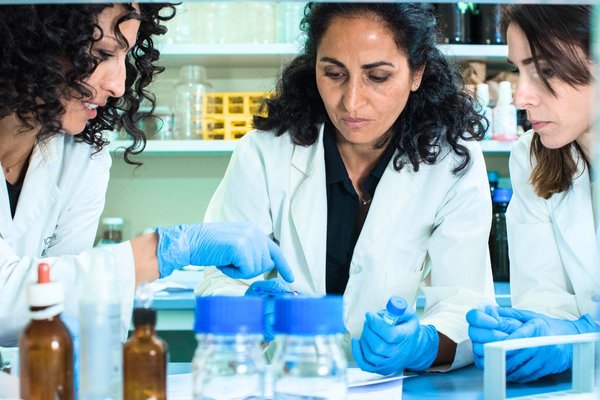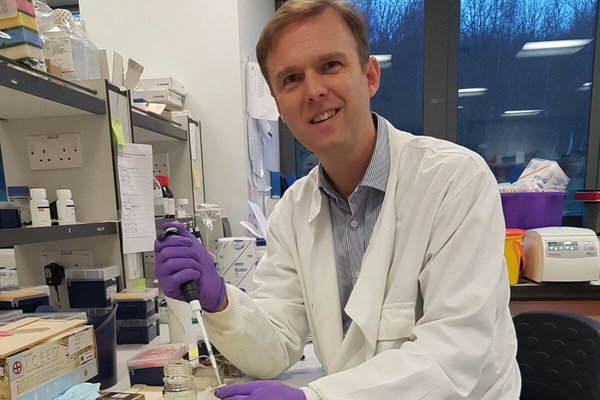
9 PMDD mythbusters
Wellbeing of Women has invested £249,991 in Dr Varsha Jain's investigation into abnormal uterine bleeding

A study funded by Wellbeing of Women aims to discover if heavy periods can be confirmed by a non-invasive test to help women get the right support and treatment sooner.

Funded by Wellbeing of Women, Dr Jacqueline Maybin has been investigating a new way to detect heavy menstrual bleeding by examining oxygen levels and blood vessels in the lining the womb.

Wellbeing of Women invested £198,864 into Professor Andrew Horne’s project to test whether an anti-cancer drug could be used to treat endometriosis